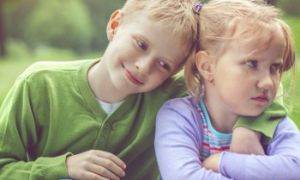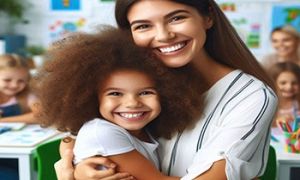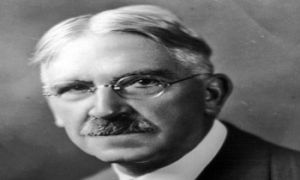Here’s a breakdown of developmental milestones for children aged 2 to 3 years, along with examples of how they link to the EYLF.
Cognitive Development
- Builds a tower of five to seven objects.
- Recognizes and identifies common objects and pictures by pointing.
- Engages in pretend play and symbolic play (e.g., using a block as a car).
- Begins to count with numbers.
- Follows two or more directions.
EYLF Link: Outcome 5 – Children are effective communicators
Example: “Take on roles of literacy and numeracy users in their play.”
Language Development
- Uses two or three words together (e.g., “go potty now”).
- Experiences a vocabulary explosion and uses correct grammatical forms.
- Asks lots of questions.
- Enjoys listening to stories and books.
EYLF Link: Outcome 1 – Children have a strong sense of identity
Example: “Children initiate interactions and conversations with trusted educators.”
Physical Development
- Walks, runs, climbs, kicks, and jumps easily.
- Uses steps one at a time.
- Holds a crayon with fingers and scribbles in circles and lines.
- Self-feeds using utensils and a cup.
EYLF Link: Outcome 3 – Children have a strong sense of well-being
Example: “Show enthusiasm for participating in physical play and negotiate play spaces to ensure safety.”
Social Development
- Plays with other children.
- Engages in simple make-believe play.
- May prefer same-sex playmates and toys.
- Unlikely to share toys without protest.
EYLF Link: Outcome 2 – Children are connected with and contribute to their world
Example: “Children become aware of fairness.”
Further Reading
Developmental Milestones From 2 Months Old To 5 Years Old
Linking Theories To The Developmental Milestones
Cognitive Development for Toddlers 2-3 Year Olds
Social and Emotional Development for Toddlers 2-3 Year Olds
Language Development for Toddlers 2-3 Year Olds
Gross Motor Development for Toddlers 2-3 Year Olds


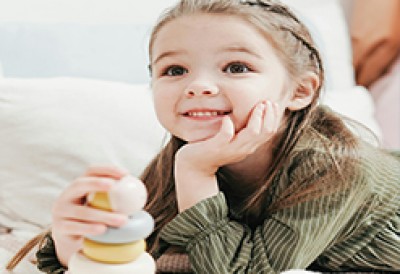
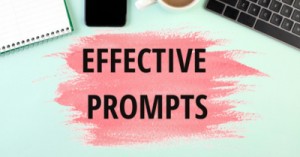

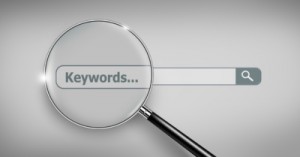
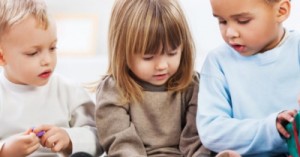
 Toddlers have a greater understanding of the world around them by this stage. Their cognitive development (also known as intellectual development and thinking skills) continues
Toddlers have a greater understanding of the world around them by this stage. Their cognitive development (also known as intellectual development and thinking skills) continues Infants begin to develop trust when parents begin to fulfil their needs. Such as changing an infant's nappy when needed, feeding on request and holding
Infants begin to develop trust when parents begin to fulfil their needs. Such as changing an infant's nappy when needed, feeding on request and holding Beginning at birth the construction of thought processes, such as memory, problem solving, exploration of objects etc, is an important part of an infant’s cognitive
Beginning at birth the construction of thought processes, such as memory, problem solving, exploration of objects etc, is an important part of an infant’s cognitive Toddlers want to do more on their own and do not like it when you begin to establish limits on their behaviour. Tantrums can become
Toddlers want to do more on their own and do not like it when you begin to establish limits on their behaviour. Tantrums can become Your preschooler is now able to focus their attention more accurately and is less influenced by distractions. The intensity of questions increase as your child
Your preschooler is now able to focus their attention more accurately and is less influenced by distractions. The intensity of questions increase as your child John Dewey is often seen as the proponent of learning by doing – rather than learning by passively receiving. He believed that each child was active,
John Dewey is often seen as the proponent of learning by doing – rather than learning by passively receiving. He believed that each child was active, Toddler advance and gains new skills in Gross Motor Development milestones achieved throughout earlier years. Co-ordination and challenges that could not be performed before such
Toddler advance and gains new skills in Gross Motor Development milestones achieved throughout earlier years. Co-ordination and challenges that could not be performed before such Erik Erikson developed a psychosocial theory to understand how we each develop our identities through eight stages of psychosocial development from infancy to adulthood. The
Erik Erikson developed a psychosocial theory to understand how we each develop our identities through eight stages of psychosocial development from infancy to adulthood. The At this point preschoolers begin to interact effectively with others. Play becomes more innovative and organized and “boyfriend” or “girlfriend” begins to emerge. Preschoolers have
At this point preschoolers begin to interact effectively with others. Play becomes more innovative and organized and “boyfriend” or “girlfriend” begins to emerge. Preschoolers have From now, babies begin to identify and respond to their own feelings, understanding other's feelings & needs and interact positively with others. A baby's social and
From now, babies begin to identify and respond to their own feelings, understanding other's feelings & needs and interact positively with others. A baby's social and